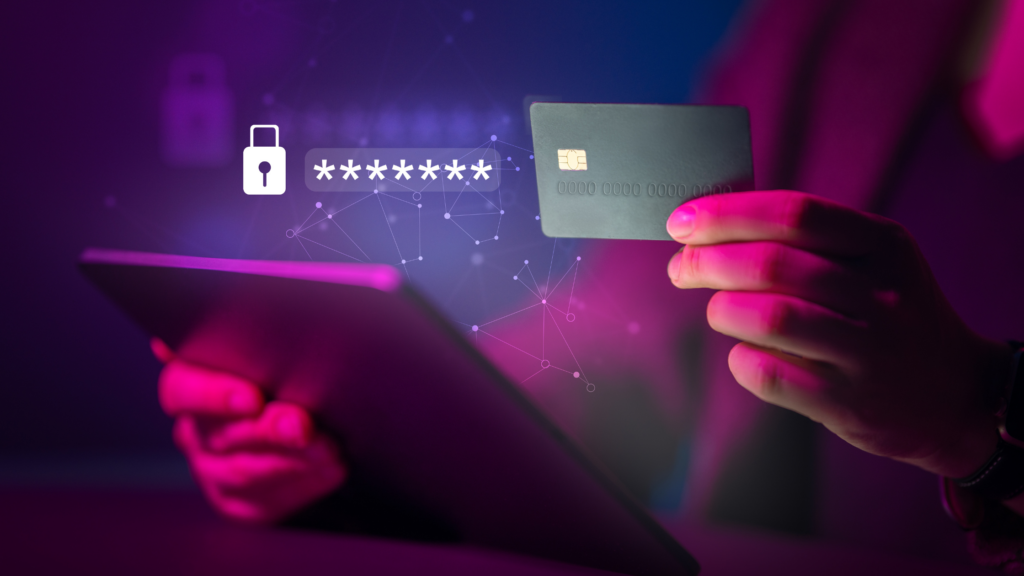
Quantum computing holds vast potential, promising breakthroughs across industries. However, as quantum technology advances, so does the looming threat it poses to current cybersecurity measures. This article delves into the essentials of quantum security, highlighting the risks, solutions, and preparations needed to safeguard data in the age of quantum computing.
Understanding Quantum Computing and its Impact on Cybersecurity
- What is Quantum Computing?
Unlike classical computers, which process data in binary (0s and 1s), quantum computers use quantum bits, or qubits, allowing them to perform multiple calculations simultaneously. This immense processing power can solve complex problems in seconds that would take classical computers years. - The Quantum Threat to Cybersecurity
Quantum computing’s power could potentially break widely used encryption methods, such as RSA and ECC, which protect sensitive data. Hackers could use quantum algorithms, like Shor’s Algorithm, to crack these codes and access private information, leaving today’s encrypted communications vulnerable.
Key Topics in Quantum Security
Post-Quantum Cryptography (PQC)
- Definition: PQC refers to cryptographic algorithms designed to resist attacks from quantum computers. These algorithms rely on mathematical problems that even quantum computers find challenging to solve.
- Current Developments: The National Institute of Standards and Technology (NIST) is currently working on standardizing PQC algorithms, selecting candidates like lattice-based and hash-based cryptography.
Quantum Key Distribution (QKD) :
- How It Works: QKD uses principles from quantum mechanics to securely distribute cryptographic keys, which can detect any interception attempt. If a third party tries to eavesdrop, the quantum state of the key changes, alerting users.
- Applications: Financial institutions and government organizations are exploring QKD to safeguard sensitive data from quantum threats.
Quantum-Safe Encryption Protocols :
- Symmetric Encryption as a Temporary Solution: Symmetric key algorithms (e.g., AES-256) are currently more resistant to quantum attacks than asymmetric algorithms like RSA. As a short-term solution, many organizations are adopting stronger symmetric encryption.
- Hybrid Systems: Companies are developing hybrid encryption solutions that combine traditional and quantum-safe algorithms, allowing for a smoother transition to fully quantum-resistant security.
Quantum-Resistant Networks :
- Overview: Quantum-resistant networks leverage quantum-safe protocols to ensure secure communication channels. Telecom providers are testing quantum-resistant solutions for future 5G and 6G networks to prevent data breaches as quantum threats increase.
- Challenges: Implementing quantum-resistant networks is complex and requires robust integration with existing infrastructure.
Blockchain and Quantum Security :
- Blockchain Vulnerability: Public blockchains, like Bitcoin, rely on cryptographic techniques that quantum computers could theoretically break.
- Quantum-Proof Blockchain Solutions: Research is ongoing to develop blockchain protocols that utilize quantum-resistant cryptography, safeguarding digital assets and transactions from potential quantum attacks.
Why Quantum Security is Crucial
- Protecting Personal Data: Personal information, banking details, and medical records are at risk if quantum attacks become a reality.
- Ensuring National Security: Quantum threats pose a risk to national security, especially if foreign actors harness quantum computing capabilities to decrypt classified data.
- Future-Proofing Businesses: Organizations can protect their digital infrastructure by adopting quantum-safe measures today, avoiding costly breaches and regulatory repercussions down the road.
Conclusion
Quantum computing presents both incredible potential and significant risks. To protect against these threats, businesses, governments, and individuals must take proactive steps in implementing quantum-safe strategies. By adopting post-quantum cryptographic solutions, enhancing network security, and investing in research, we can prepare for a quantum future that’s as secure as it is revolutionary.




